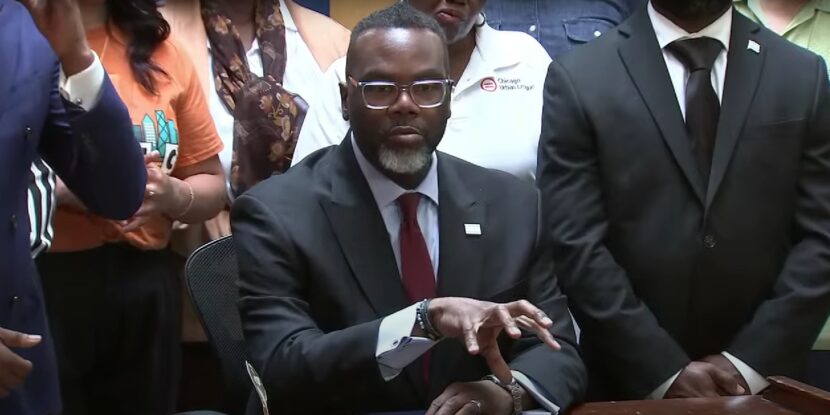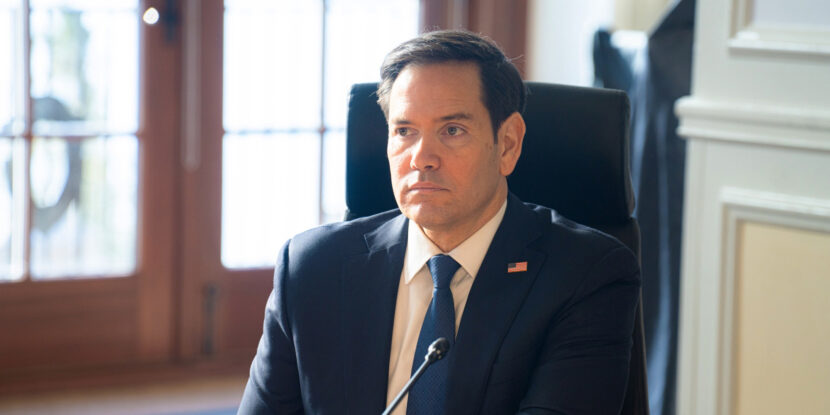Former British Prime Minister Boris Johnson is defending the explosion in annual net immigration to a record high of 762,000 under his premiership, despite having promised to reduce it during the Brexit referendum and his election campaign. Speaking to Harry Cole, Johnson argued that, following the COVID-19 pandemic, the country was facing “a nightmare where we couldn’t stack the shelves and we couldn’t fill the petrol stations with petrol; everyone was freaking out.”
He claimed “every business group” and every government department was demanding more migrants, so he had to massively increase the annual influx far beyond pre-pandemic levels despite promising to reduce it in his 2019 election platform. He also heavily implied mass migration was needed to reduce inflation.
It is questionable whether mass migration reduces inflation. Even proponents of the idea claim it does so partly by driving down wages, which many workers would regard as a net negative. However, evidence is robust that mass migration increases prices significantly in other areas, such as the cost of housing and rent.
Inflation in the United States remains stubbornly high despite record immigration, which has driven the foreign-born population to its highest level since records began.
An official British government report has also conceded that low-paid migrants—such as shelf-stackers—are an immediate net drain on the state, not a boon. By retirement age, such migrants cost the country the equivalent of almost $200,000, rising to $650,000 each if they live to 80 and well over $1 million if they reach age 100.
These figures likely underestimate the lifetime costs of low-paid migrants to British taxpayers, as the government’s modeling assumes they have no dependents, such as children or elderly relatives. In fact, the fertility rate is higher among the foreign-born population than the native population, and the spouses of certain migrants, such as Pakistanis, are disproportionately jobless.
Boris continues to defend the post-Covid quadrupling of net migration to nearly 800k.
“We couldn’t stack the shelves”
“We had to get inflation down” pic.twitter.com/FzuBJdYDWo
— max (@maxtempers) October 14, 2024





















